One of the principal values of travelling is that, it breaks the monotony of life and work. Life, for most people, is a mad rush from one place to another, from one activity to another, trying to gather as much as possible.
In this process, people tend to forget, who they are and what they are. There is no time to ponder and wonder. They tend to forget the values of life. Travelling is a time when people relax, reflect and ponder. Most people, after a pleasant travel, return home with a fresh outlook, new zeal and a better determination.
With the advancement of transport system travelling has become easier than what it was in the primitive days. The modern transport system has made the lives of the travelling people easier by decreasing the distance by the swiftness of vehicles. The prevailing journeys do not cost more than those were in the primitive days.
Travelling has also a great informative value. It widens the grasp of our knowledge of geography, different cultures and people, etc. The purposes of travelling are different for different people. There are some people who travel for the sake of pleasure. The people that are heavily burdened either at their domestic front or at their offices move too far off places for relieving their worries and anxieties. The poets and writers make a trip to distant places for collection of facts for their writings. Businessmen also visit various places to enquire as to whether there are scopes for expansion of their business. It is common for statesmen to visit other countries on a goodwill mission.
Travelling provides the benefit of sightseeing and gives pleasure to the visitor. In addition, it gives a scope to an individual to have firsthand knowledge of variegated people inhabiting the world. One cannot appreciate the work of art created by master hands unless one visits places and things.
A visit to a place imparts practical knowledge of important places, persons, things and the nature of people. The recollections of the past certainly flash over one’s mind as one visit some historical monuments. Besides this by visiting places, the vision of an individual becomes enlarged just as by sitting at a small place makes one’s vision narrow.
The business people are made aware of the natural products of different countries by travelling. The intellectual outlook of students is heightened by travelling. We derive the benefit of getting ourselves acquainted with the characteristics of foreign people. The world outside becomes clearer than what it would have been under other circumstances by travelling.
The superimposition of travelling remains on the fact that too is better than books. In different countries we come across people of different tastes, fashions, caste, creed, and colour. Once we know their ways of living it arouses a sense of brotherhood in us for them.
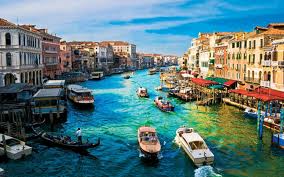 By travelling we avail of the scope of making a change of thing. By Visiting Mountain and forest area we enjoy the wild beauty of nature. Those who lead their life in a populated city get free air and enjoy beauty by travelling. By visiting places of natural beauty our thought process is transported to a new region. We are capable of moving round the globe within a short time.
By travelling we avail of the scope of making a change of thing. By Visiting Mountain and forest area we enjoy the wild beauty of nature. Those who lead their life in a populated city get free air and enjoy beauty by travelling. By visiting places of natural beauty our thought process is transported to a new region. We are capable of moving round the globe within a short time.
Thus, travelling has tremendous educative, informative and social value. It widens people’s mental horizon, improves health, adds thrill and relaxation to life, dispels boredom and helps promoting national integration. Therefore educational tour should become an integral part of modern education. Travelling also boosts our national economy and the development of tourism industry.
Purpose and motivation
Reasons for traveling include recreation, tourism or vacationing, research travel for the gathering of information, for holiday to visit people, volunteer travel for charity, migration to begin life somewhere else, religious pilgrimages]and mission trips, business travel, trade, commuting, and other reasons, such as to obtain health careor fleeing war or for the enjoyment of traveling. Travel may occur by human-powered transport such as walking or bicycling, or with vehicles, such as public transport, automobiles, trains and airplanes.
Motives to travel include pleasure, relaxation, discovery and exploration, getting to know other culturesand taking personal time for building interpersonal relationships. Travel may be local, regional, national (domestic) or international. In some countries, non-local internal travel may require an internal passport, while international travel typically requires a passport and visa. A trip may also be part of a round-trip, which is a particular type of travel whereby a person moves from one location to another and returns.
Advantages
Travelling is a great thing to do. But what exactly is travelling? Simply stated, travelling is a process of getting from one place to another. Most people travel as part of their daily routine, not only because it is enjoyable but also because it has a lot to offer.
There are lots of places to explore in the world. Travelling is worth every penny you will spend because memories last forever. There are many advantages to travelling around the world.
- Enjoy the Adventure
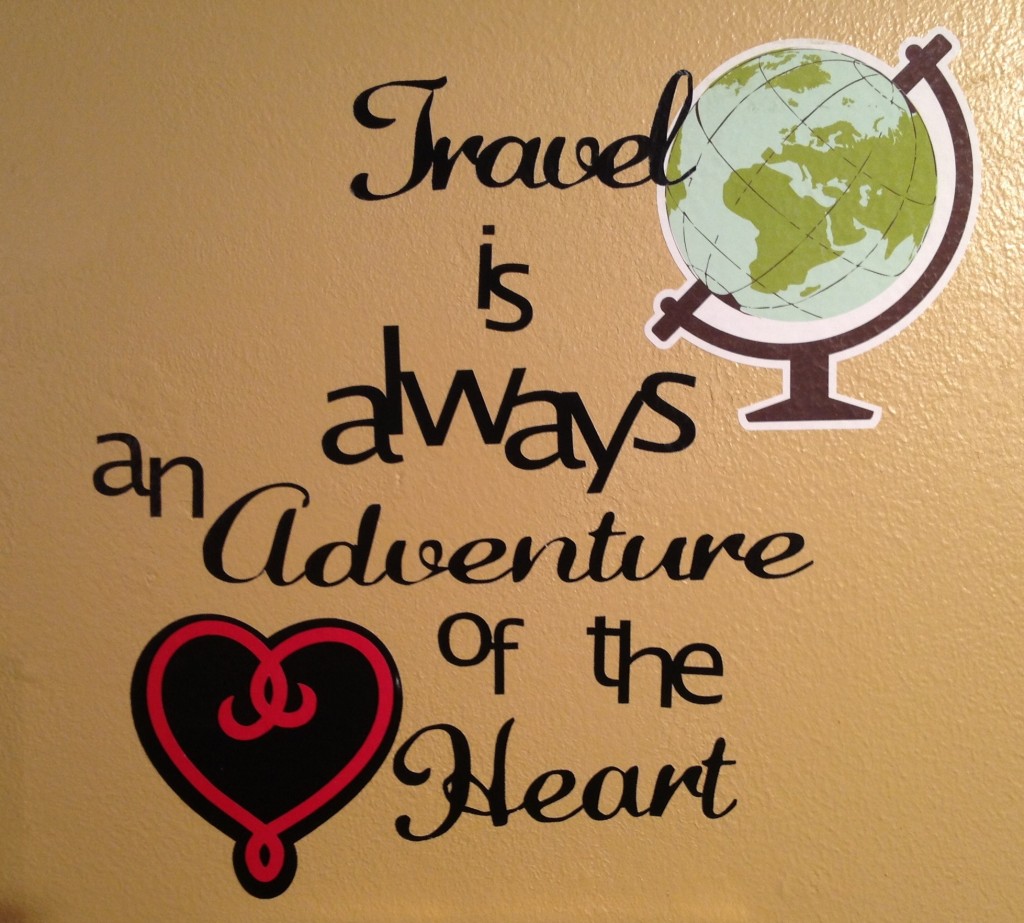
The reason why many people travel is because they love an adventure. There are several different types of adventures to choose from when you travel. An example of this is travelling to different beaches; some people enjoy diving while others prefer surfing. Wherever you will go, you will make memories of your adventure which will last a lifetime. You can relive the enjoyment again and again as you look back on the great adventure you had when travelling.
- Get to know different People and Places

The world contains lots of countries and not all people are the same. When travelling, you get the opportunity to meet different people from different places. In life, one of the most important social skills we learn is how to interact and communicate with people who are different than we are. Not only does travelling improve communication skills, it can actually boost self-confidence, since ideas and opinions are able to be more clearly expressed, shared and understood.
- Getting accustomed to different cultures
Different cultures exist everywhere. Some places have more modern cultures while others have traditional beliefs and customs. Experiencing different cultures can also be enlightening and educational; many travelers look for places to visit whose cultures are different from their own. Learning about other’s lives and customs deepens our understanding of ourselves and of our world. It teaches us respect and is humbling in many cases.
- Tend to see different places that haven’t been seen before
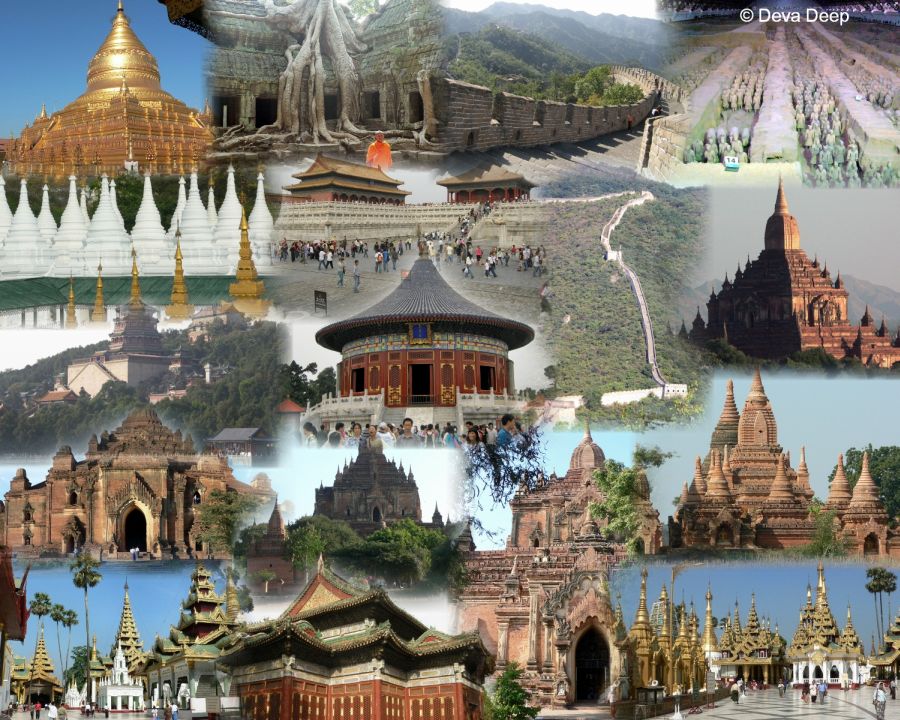
For many people, the main reason for travelling is to see the world. Travelling can be a dream come true! It allows you to have adventures in new places and see things you never thought possible.
- Relaxation
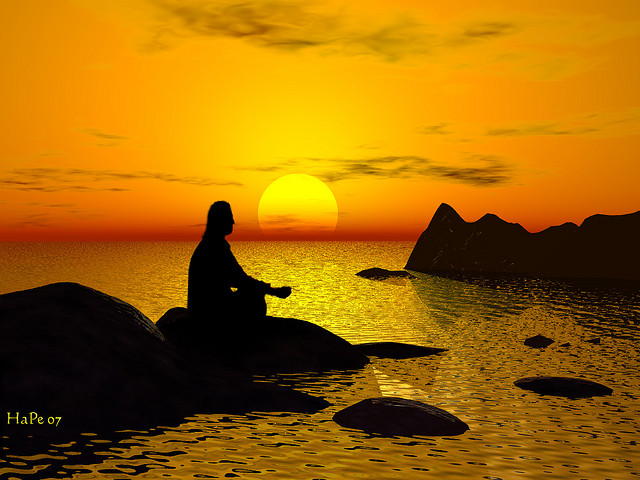
Stress is a natural part of life; in fact it helps us to survive! But when we have too much stress in our lives, it can be dangerous to our health. Many things bring about stress: work, family, relationships, change in health. Even positive change brings on stress. Travelling can bring joy to life, especially in stressful times. It can be one of the best ways to remove stress, reduce tension and restore balance.
- Broadens Mind
Travelling broadens the mind or, in other words, broadens an individual’s life experiences. In addition, the exposure to another part of your own country or a foreign country allows you to reexamine your life and to reassess your way of thinking.
- Learning a Foreign Language
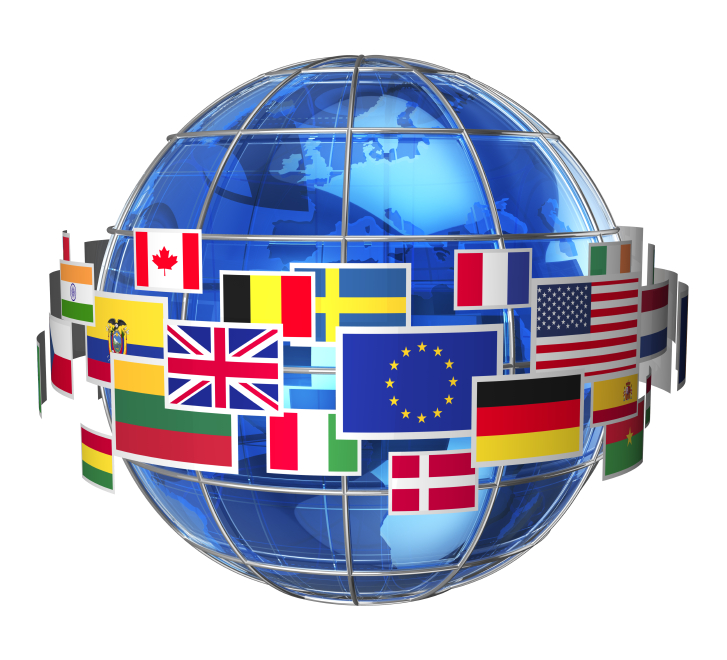
Learning a foreign language provides you with both intellectual stimulation and a means of understanding a foreign culture. Through being able to communicate in a foreign language, this opens up new doors for you – you can meet a whole variety of different people.
- Help to get back to your roots
People whose parents or grandparents were immigrants, travelling to the land where their forefathers came from allows them to understand their origins and, thus, to understand their place in history.
- Visit famous tourist spots and landmarks

Travel enables you to see some of the famous tourist spots and landmarks in the world which, otherwise, would only be experienced second hand through books and the Internet.
Throw out the fear of Travel

Sometimes the discomfort of erratic schedules, being away from your family and hygiene factors, all become deterrents to travel, but more often it is the fear or certain memories or media-driven insights, that cause this unease. This also happens to frequent fliers, celebrities, leaders and for that matter anyone. So how do you deal with this fear ?
Firstly, you should try to trace its origin. When did you first experience this fear and what triggered it ? Why is it that despite the fact that more people die due to various illnesses, the fear of mishaps during travel stand out ? A big part of this comes from our belief system. From childhood, recall the times of travel when you were told to be careful, take care of your belongings, avoid talking to strangers, eat carefully. These tips created an inherent doubt about the security of travel. With air travel, the fear is even more pronounced because you are helpless mid-air.
Another thing you must do is understand the reason behind any fear. This puts us in a better position to handle it and apply the right knowledge to overcome it. Now if the fear of travel stems from such a belief system, then we can break it down and satisfy our concerns by understanding the level of safety standards implemented. Similarly, explore the other reasons that form a part of your fear of travelling and when you understand its origin, you may pleasantly discover that they were never your fears, but something you had adopted unknowingly.
So take the fear out of travel and if you cannot handle it yourself, at least feel comfortable acknowledging the fear so that you can seek help to overcome it.
— HINAL SHAH



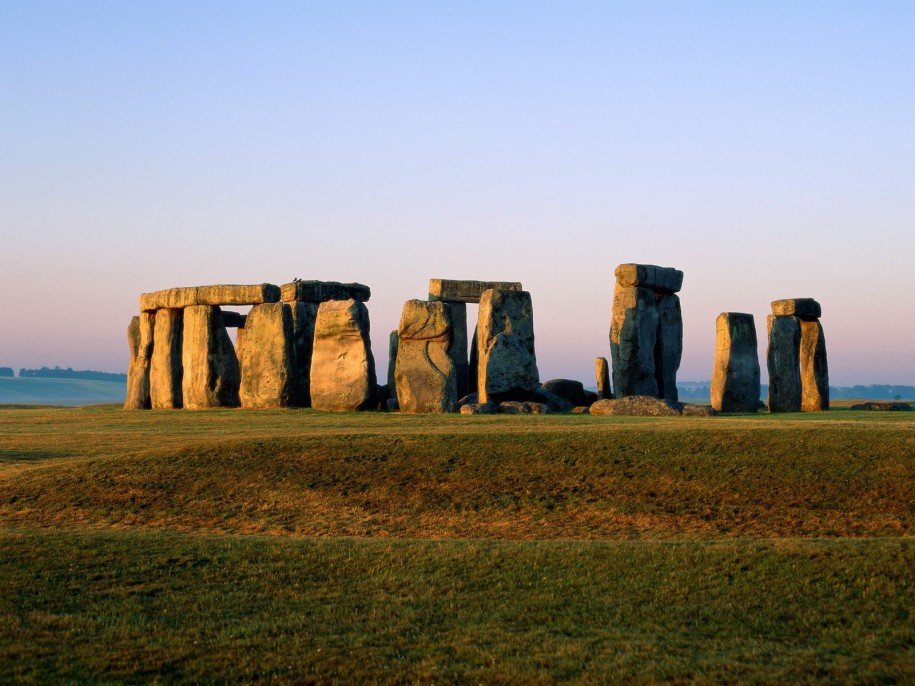
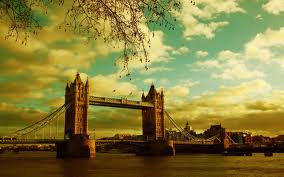


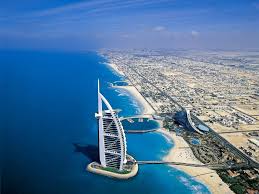

55 Comments